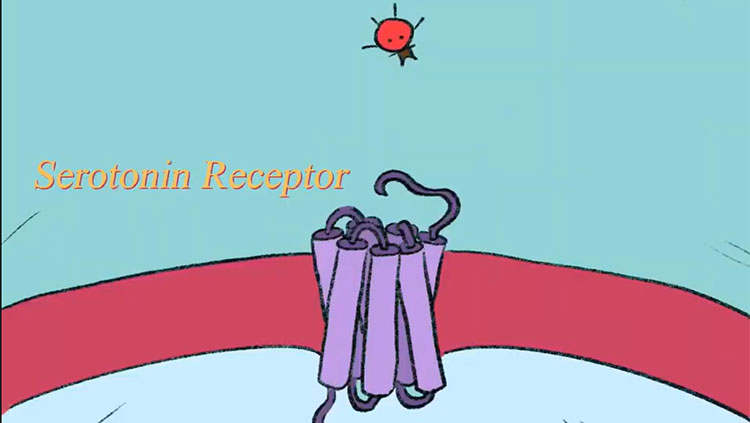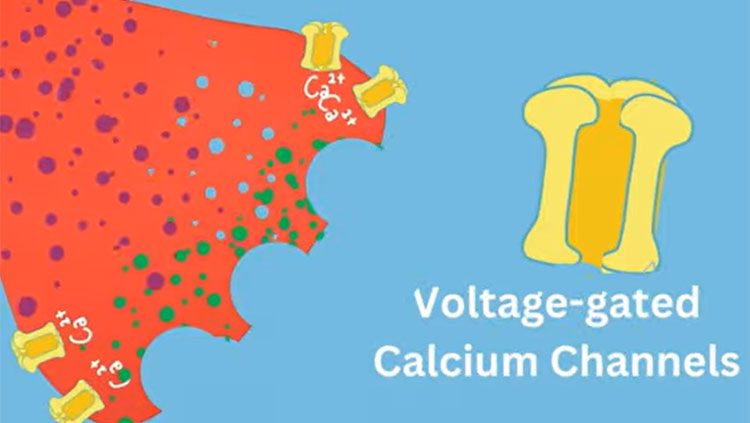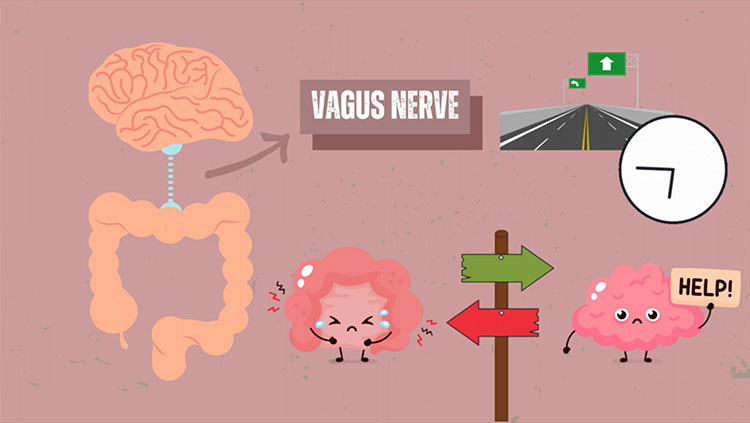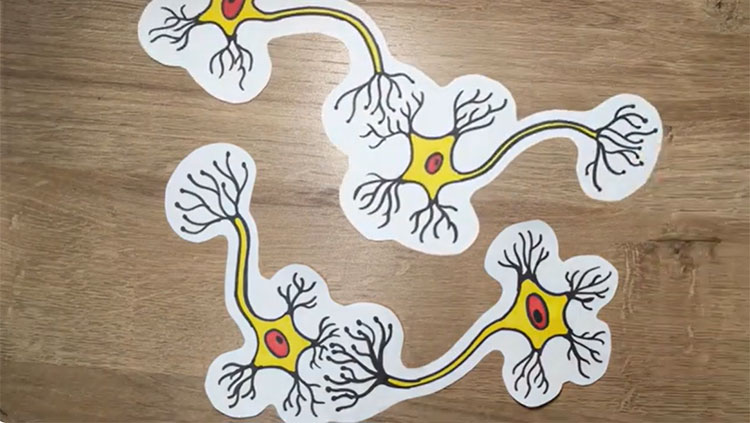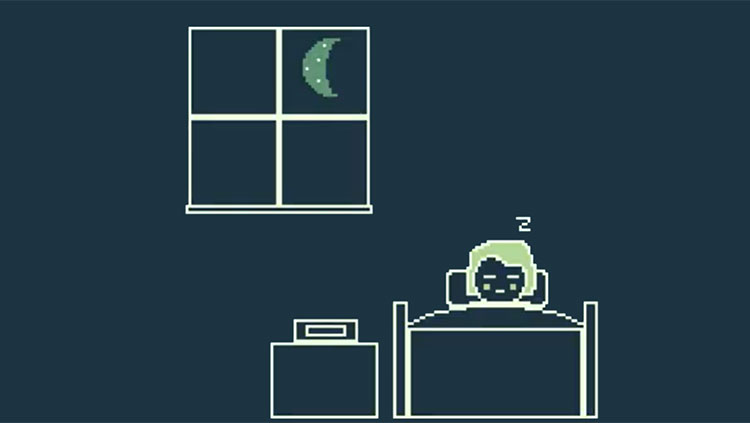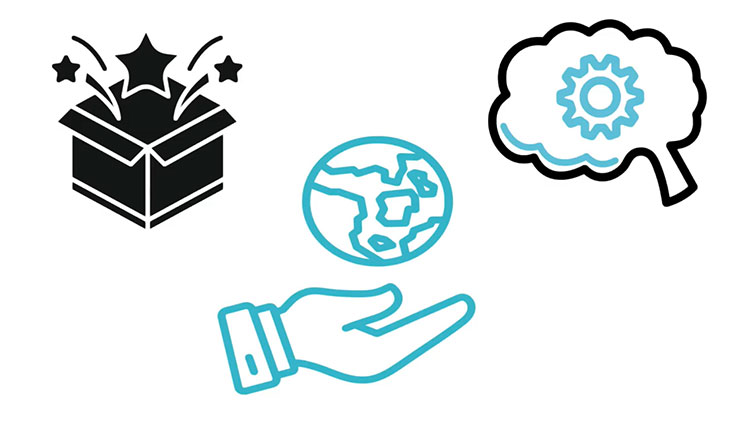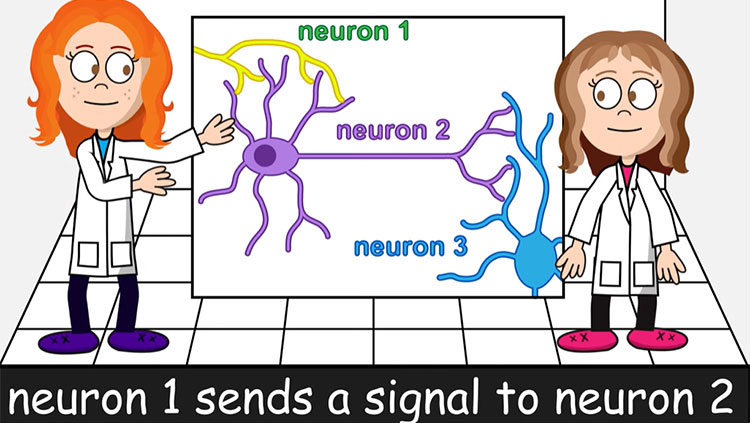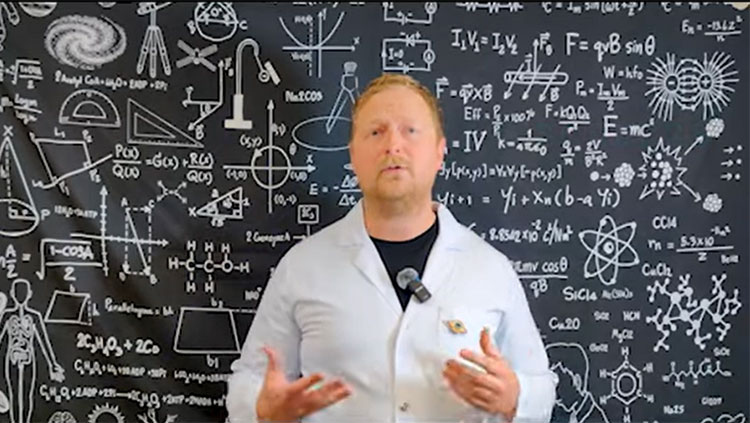Filter
-
(1)
-
(1)
-
-
(1)
-
(8)
-
(15)
-
(3)
-
(1)
-
(2)
-
(1)
-
(3)
-
(1)
-
(1)
-
(2)
-
(2)
-
(1)
-
(1)
-
(2)
-
(1)
-
(1)
-
(1)
-
-
(1)
-
(1)
-
-
(1)
-
(8)
-
(3)
-
(4)
-
(3)
-
(1)
-
-
(93)
-
(39)
-
(18)
-
(33)
-
(4)
-
(15)
-
-
(2)
-
(2)
-
-
(1)
-
(1)
-
-
(10)
-
(1)
-
(8)
-
(3)
-
-
(3)
-
(1)
-
(1)
-
(1)
-
-
(1)
-
(4)
-
(10)
-
(1)
-
(1)
-
(7)
-
(1)
-
-
(49)
-
(7)
-
(2)
-
(2)
-
(5)
-
(2)
-
(7)
-
(7)
-
(11)
-
(9)
-
-
(6)
-
(14)
-
(1)
-
(9)
-
(1)
-
(3)
-
(2)
-
-
(1)
-
(1)
-
(7)
-
(6)
-
(2)
-
(1)
-
(1)
-
-
(1)
-
(1)
-
-
(1)
-
(25)
-
(3)
-
(1)
-
(17)
-
-
(3)
-
(2)
-
(1)
-
-
(6)
-
(1)
-
(5)
-
(4)
-
-
(6)
-
(1)
-
(2)
-
(2)
-
(2)
-
-
(4)
-
(4)
-
-
(1)
-
(2)
-
(2)
-
(1)
-
(1)
-
-
(3)
-
(1)
-
(1)
-
(1)
-
-
(5)
-
(1)
-
(4)
-
-
(32)
-
(7)
-
(2)
-
(7)
-
(10)
-
-
(1)
-
(1)
-
(1)
-
-
(5)
-
(8)
-
(6)
-
(3)
-
-
(1)
-
(1)
-
-
(2)
-
(2)
-
-
(3)
-
(1)
-
(3)
-
-
(7)
-
(4)
-
(3)
-
(2)
-
(5)
-
(1)
-
-
(2)
-
(1)
-
(1)
-
-
(27)
-
(9)
-
(7)
-
(3)
-
(1)
-
(12)
-
-
(153)
-
(1)
-
(10)
-
(4)
-
(24)
-
(28)
-
(12)
-
(10)
-
(24)
-
(2)
-
(20)
-
(6)
-
(15)
-
(8)
-
(7)
-
(64)
-
(9)
-
(28)
-
-
(13)
-
(1)
-
(3)
-
(1)
-
(4)
-
(1)
-
(4)
-
(1)
-
-
(6)
-
(6)
-
-
(5)
-
(2)
-
(203)
-
(167)
-
(11)
-
(6)
-
(4)
-
(1)
-
(18)
-
(6)
-
(21)
-
(5)
-
(173)
21 - 30 of 219 results
-
Sunlight informs your circadian rhythm and trains you to sleep at night. Your cell phone light can throw this off balance and damage your sleep habits.
-
Serotonin is a neurotransmitter with a unique life cycle and method of transportation across neurons.
-
Neurons cannot release their neurotransmitters without calcium, making this remarkable mineral crucial for everything we do — from movement, to memory, and more.
-
Your brain has a powerful connection to the vast neuronal network in your gut via the vagus nerve. This ties your digestive tract to mood, cognition, and brain physiology, so researchers are interested in the microbiome as a therapeutic target for mental health and more.
-
The blood-brain barrier protects your brain by ensuring the important things stay in while pathogens stay out.
-
Learning things can be hard work, but your brain is up to the challenge. Understanding the processes involved in learning can be key to doing it with ease.
-
Circadian rhythms encourage our systems to operate on a 24-hour cycle, resulting in changes in mood and cognition when disrupted.
-
When a surprising experience contradicts our expectations, our brains can quickly adapt to the new circumstances and make decisions accordingly thanks to the anterior cingulate cortex.
-
Join Professor Amelie and Professor Rosie as they share how tiny cells in our brains called neurons talk to each other to power our brains.
-
Neuroscientists study the brain to solve puzzles — piecing together understandings across topics like emotions, rare disorders, and consciousness. But often, new findings raise more questions.



